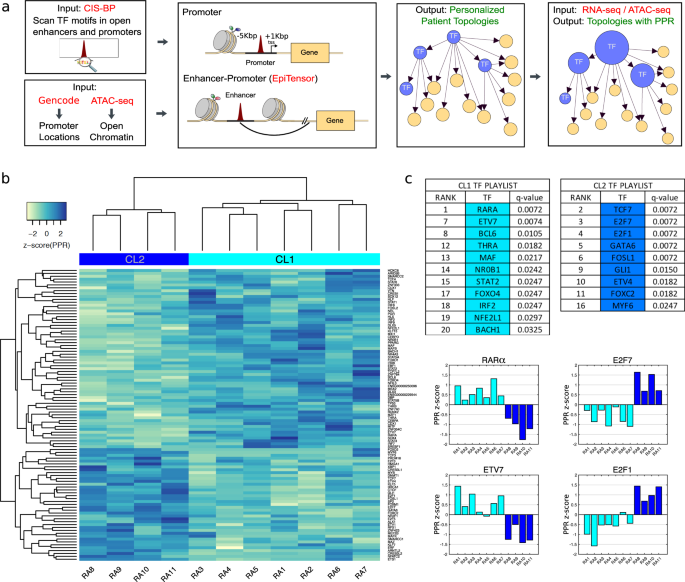2022-10-20 ワシントン大学セントルイス
<関連情報>
- https://source.wustl.edu/2022/10/biomarkers-for-parkinsons-disease-sought-through-imaging/
- https://engineering.wustl.edu/news/2022/Biomarkers-for-Parkinsons-disease-sought-through-imaging.html
- https://aapm.onlinelibrary.wiley.com/doi/10.1002/mp.15778
ドーパミントランスポーター定量SPECTのための組織分画推定に基づくセグメンテーション法。 A tissue-fraction estimation-based segmentation method for quantitative dopamine transporter SPECT
Ziping Liu,Hae Sol Moon,Zekun Li,Richard Laforest,Joel S. Perlmutter,Scott A. Norris,Abhinav K. Jha
Medical Physics Published: 30 May 2022
DOI:https://doi.org/10.1002/mp.15778

Abstract
Background
Quantitative measures of dopamine transporter (DaT) uptake in caudate, putamen, and globus pallidus (GP) derived from dopamine transporter–single-photon emission computed tomography (DaT-SPECT) images have potential as biomarkers for measuring the severity of Parkinson’s disease. Reliable quantification of this uptake requires accurate segmentation of the considered regions. However, segmentation of these regions from DaT-SPECT images is challenging, a major reason being partial-volume effects (PVEs) in SPECT. The PVEs arise from two sources, namely the limited system resolution and reconstruction of images over finite-sized voxel grids. The limited system resolution results in blurred boundaries of the different regions. The finite voxel size leads to TFEs, that is, voxels contain a mixture of regions. Thus, there is an important need for methods that can account for the PVEs, including the TFEs, and accurately segment the caudate, putamen, and GP, from DaT-SPECT images.
Purpose
Design and objectively evaluate a fully automated tissue-fraction estimation-based segmentation method that segments the caudate, putamen, and GP from DaT-SPECT images.
Methods
The proposed method estimates the posterior mean of the fractional volumes occupied by the caudate, putamen, and GP within each voxel of a three-dimensional DaT-SPECT image. The estimate is obtained by minimizing a cost function based on the binary cross-entropy loss between the true and estimated fractional volumes over a population of SPECT images, where the distribution of true fractional volumes is obtained from existing populations of clinical magnetic resonance images. The method is implemented using a supervised deep-learning-based approach.
Results
Evaluations using clinically guided highly realistic simulation studies show that the proposed method accurately segmented the caudate, putamen, and GP with high mean Dice similarity coefficients of ∼ 0.80 and significantly outperformed (<?XML:NAMESPACE PREFIX = “[default] http://www.w3.org/1998/Math/MathML” NS = “http://www.w3.org/1998/Math/MathML” />$p < 0.01$) all other considered segmentation methods. Further, an objective evaluation of the proposed method on the task of quantifying regional uptake shows that the method yielded reliable quantification with low ensemble normalized root mean square error (NRMSE) < 20% for all the considered regions. In particular, the method yielded an even lower ensemble NRMSE of ∼ 10% for the caudate and putamen.
Conclusions
The proposed tissue-fraction estimation-based segmentation method for DaT-SPECT images demonstrated the ability to accurately segment the caudate, putamen, and GP, and reliably quantify the uptake within these regions. The results motivate further evaluation of the method with physical-phantom and patient studies.



セントルイスのワシントン大学のエンジニア、医師、研究者のチームは、マッケルビー工学部の助教授であるAbhinav K. Jha氏が率いる協力して、パーキンソン病に関連する脳内の3つの領域で、運動に重要なタンパク質であるドーパミントランスポーターを正確に測定できるイメージング方法を作成しました。研究結果は、8月に学術誌Medical Physicsに掲載されました。エリオット・スタイン・ファミリーの神経学教授であり、医学部の放射線学、神経科学、理学療法、作業療法の教授であり、パーキンソン病の研究者であるジョエル・パールマッター医学博士は、淡蒼球内のドーパミントランスポーターの取り込みがバイオマーカーとして役立つかどうかを判断するように奨励しました。